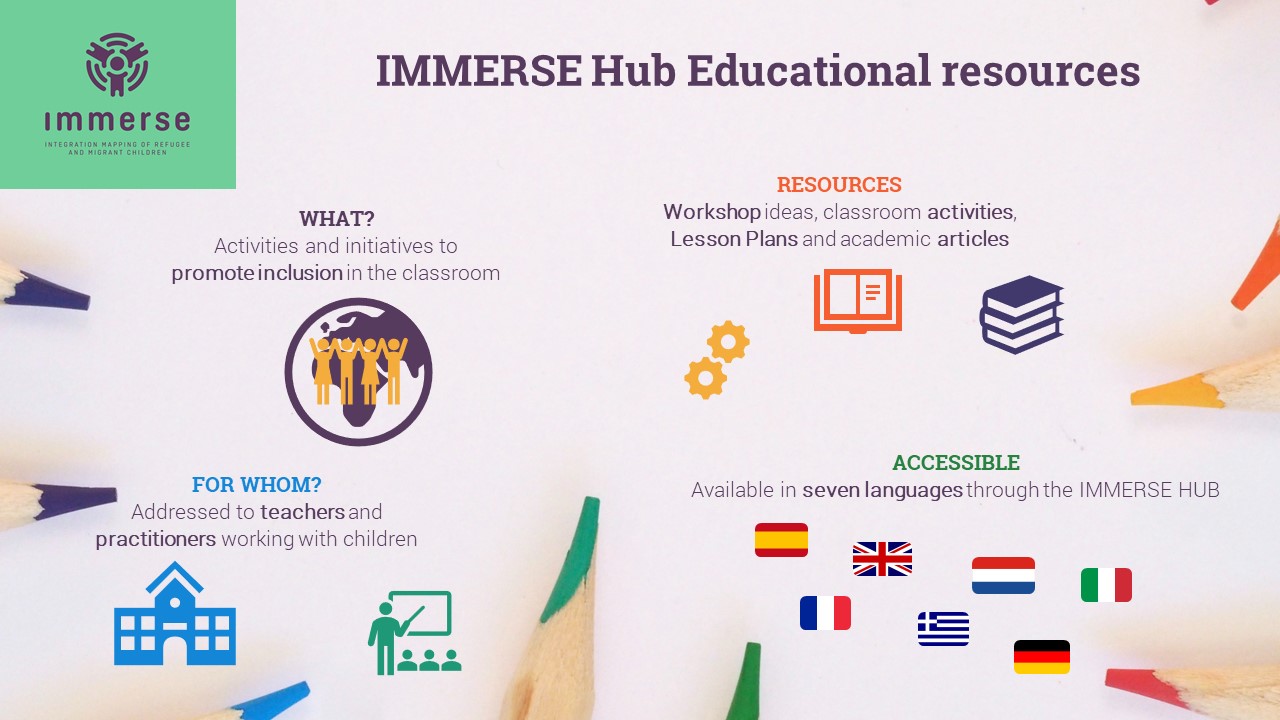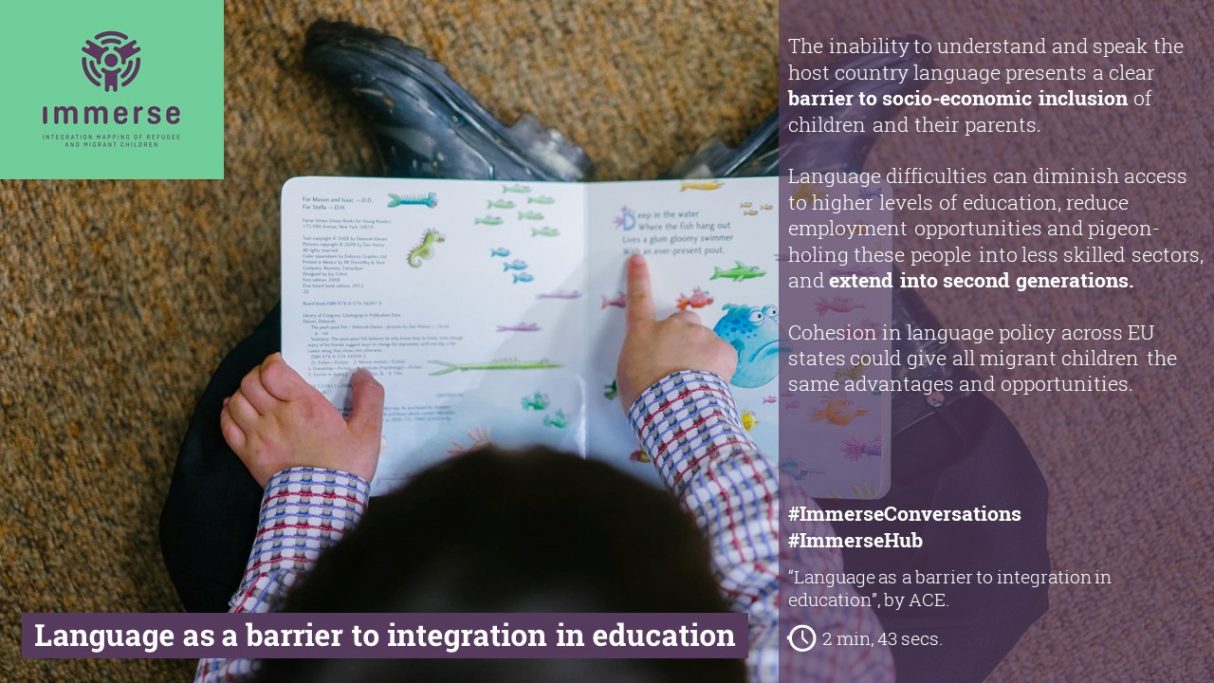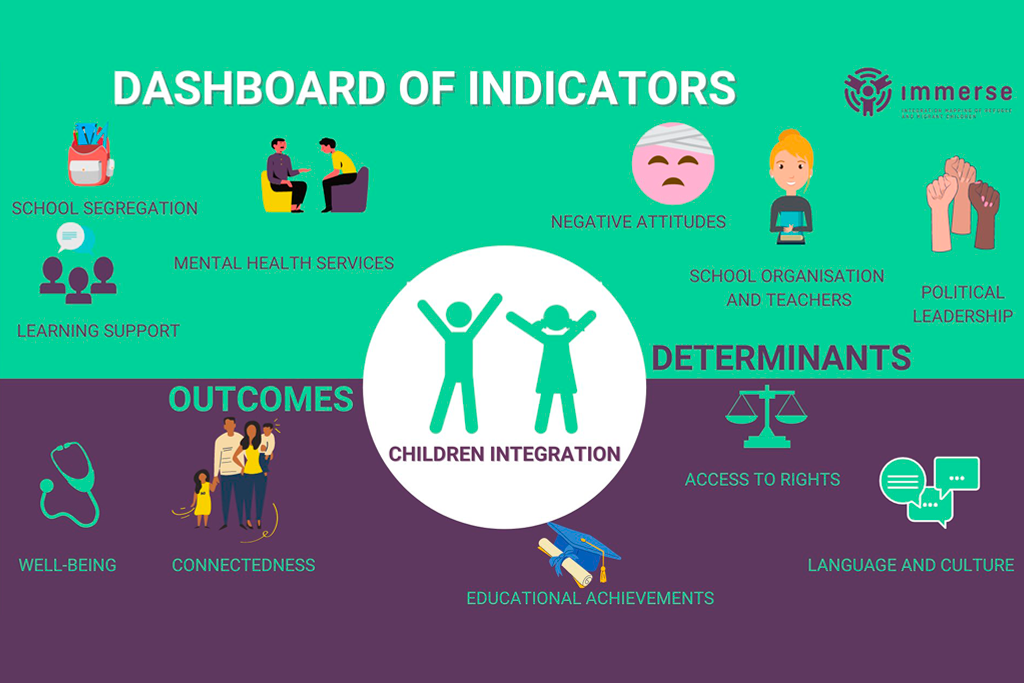Περιγραφή
Αυτό το έγγραφο στοχεύει να βοηθήσει τους δασκάλους να κατανοήσουν πώς το άγχος και το τραύμα μπορεί να επηρεάσει τα παιδιά και μαθητές πρόσφυγες, καθώς επίσης να δώσει μερικές συμβουλές και οδηγίες στους δασκάλους για το πώς να συμπεριλάβουν με επιτυχία παιδιά και μαθητές που υποφέρουν από άγχος και τραύμα στις τάξεις τους.
- Το επίπεδο ευημερίας/ευτυχίας των παιδιών
- Το αίσθημα του ανήκειν των παιδιών
- Διδάσκοντες
Σύνδεσμοι



